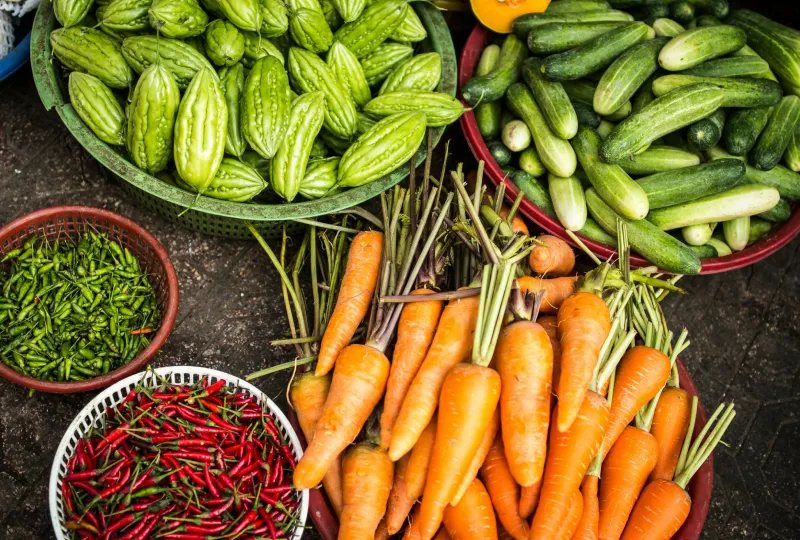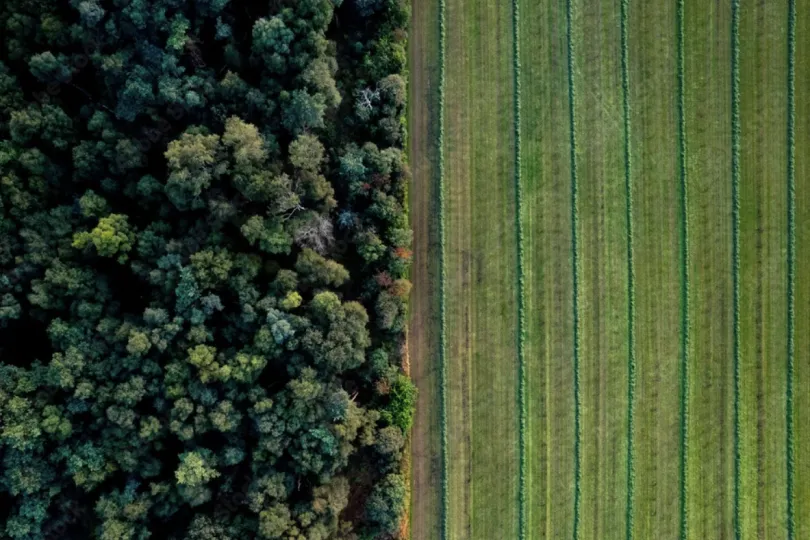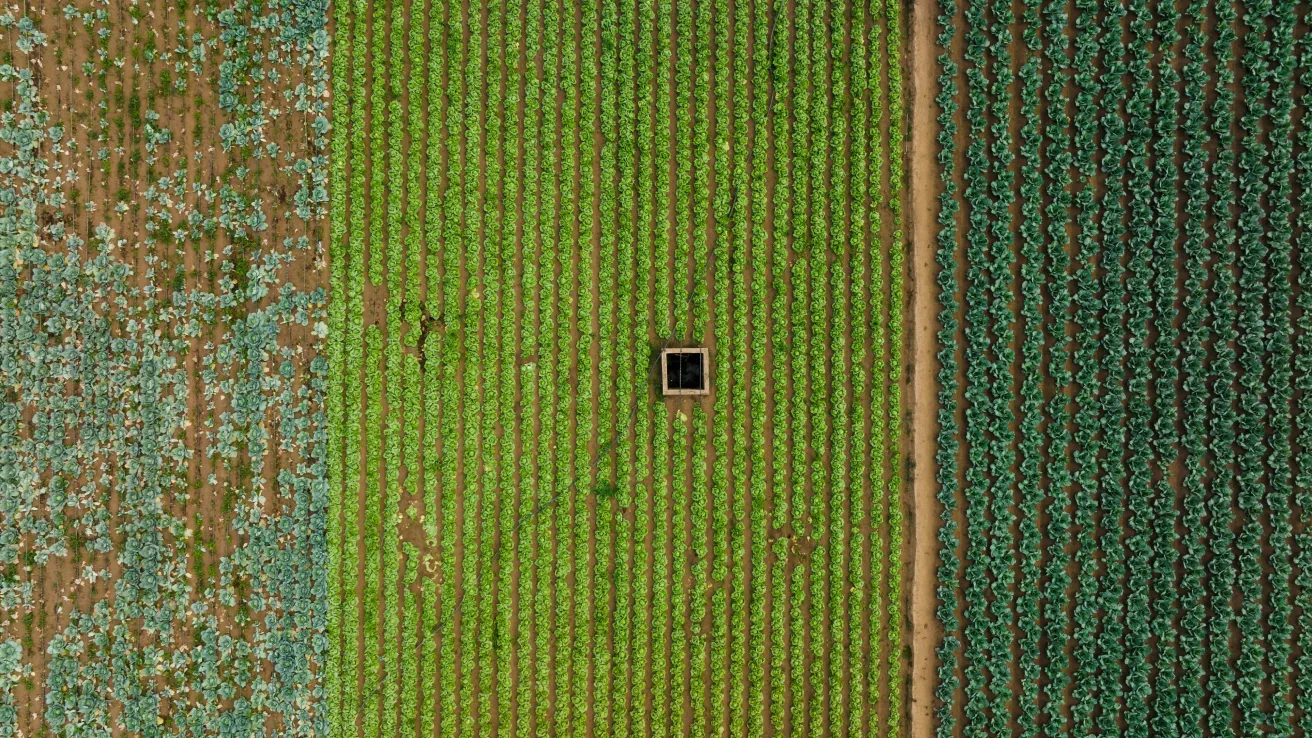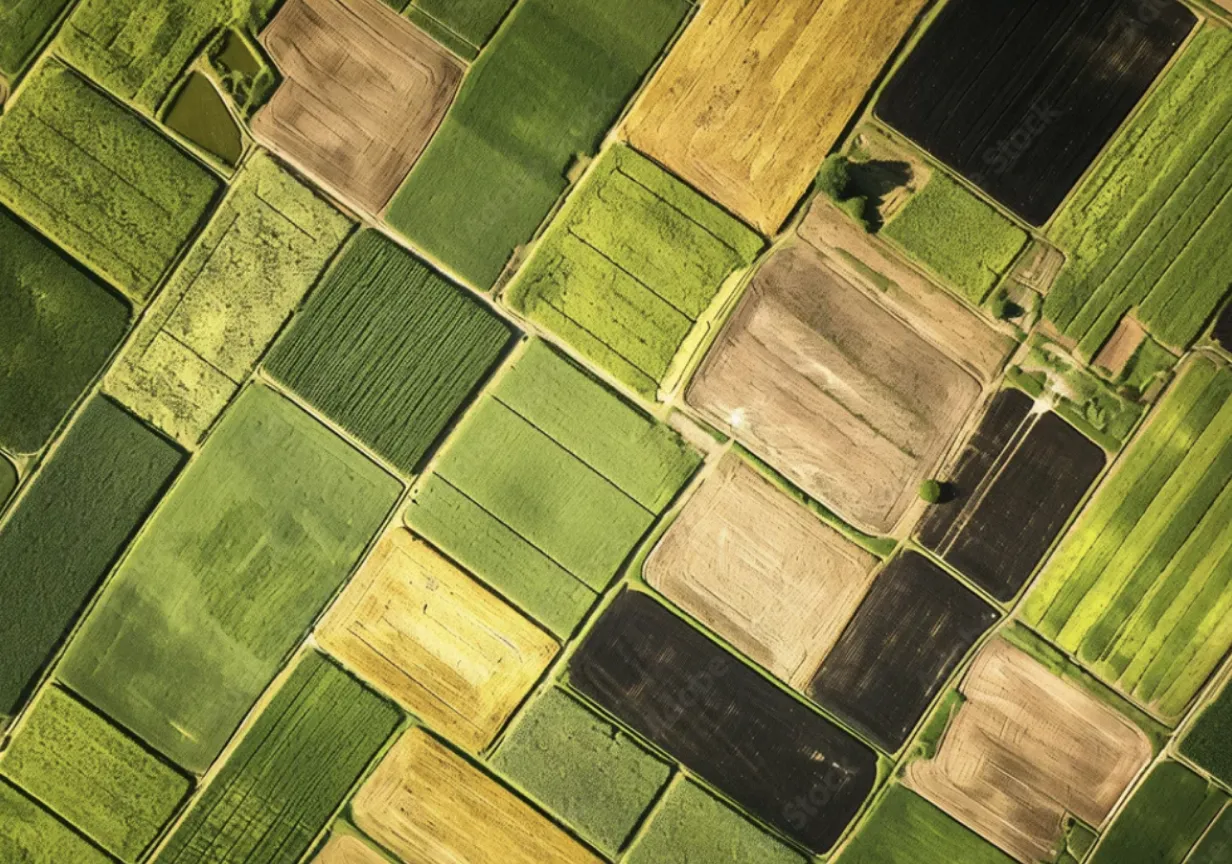Plant Biology Institute
.png)
Professor Steve Kelly
“While we’re focused on plant sciences, we collaborate with healthcare teams, policymakers and engineers. This integrated approach enables us to bring products to market and deliver results much faster than if each worked alone.”
Improving the productivity of every farm on earth
The green revolution in the 20th century radically increased food production, enabled by new technologies, fertilisers and knowledge.
Since then, improvements in productivity have not kept pace with the dramatic increase in demand of our food system.
To feed a growing population and support better health outcomes, we need a second green revolution. We need the technologies, data, and policy frameworks to produce more food, while reducing impacts on our planet’s climate and biodiversity.

70%more food needed
70% more food must be produced per year by 2055 in order to support the planet’s population.

50mhectares per year
If productivity stays the same, we would need to add ~50 million hectares of food production every year to keep pace with demand – greater than the size of Spain.

30%of CO2 emissions
Agriculture is responsible for 30% of humanity’s CO2 emissions.
We need a second green revolution
To support a healthy global population, the amount of food we need to produce between now and 2055 is greater than all the food produced in the last 5,000 years combined.
Improvements in productivity have not kept pace with population growth and health gains. Urgent advancement is needed to close this ‘improvement gap.’
Conversion of natural ecosystems to agricultural systems has driven the ‘sixth great mass extinction’ for biodiversity. We need to find solutions to produce more food with less space.
A warmer, drier planet makes for less productive agriculture. Increasing global temperatures and changing patterns of precipitation are changing where food can be grown and how much we can grow. We need to find ways to improve the climate resilience of our agricultural systems.
Developing improved crop varieties can take several years, and bringing them to market can take decades. We need to develop new technologies that can shorten these timelines.


We are exploring every facet of this complex challenge landscape, to identify the most impactful market based solutions ranging from data to plant sciences, as well as the policy and economic frameworks needed.
- Climate-ready plants
- Better data to inform farming practices
- Reduce reliance on fertilisers and pesticides
- Sustainable greenhouse technologies
- Decarbonised plant cell based production
- DNA technologies to speed up plant breeding
Agriculture is humanity’s largest interface with the natural world, replacing almost half of our planet’s natural ecosystems.
Because of this, improvements in food systems have the potential to improve human health, mitigate climate change and even reverse the world-wide decline in biodiversity.
However, no single innovation can solve these complex challenges. The solution requires thousands of parallel changes that span the entire food system – from seeds to farms, consumers and governments.
These changes are also time consuming. The life cycles of crop plants are measured in months and years, and developing a new variety can take several generations. Once a new variety is created, scaling up the number of seeds needed to achieve impact can take several more years. As a result, bringing a new innovation in plant sciences from concept to market can take decades.
Achieving impact therefore requires sustained support and careful integration with other disciplines. By embedding cutting-edge plant science research alongside teams developing policy, economic, and AI innovation, we aim to maximise the impact of the science – taking it from lab to real world more quickly.


We’re gathering the greatest minds
EIT is growing rapidly and we are recruiting at pace. Thrive in a dynamic and fast-paced work environment, learning and growing every day alongside experts in science and technology.